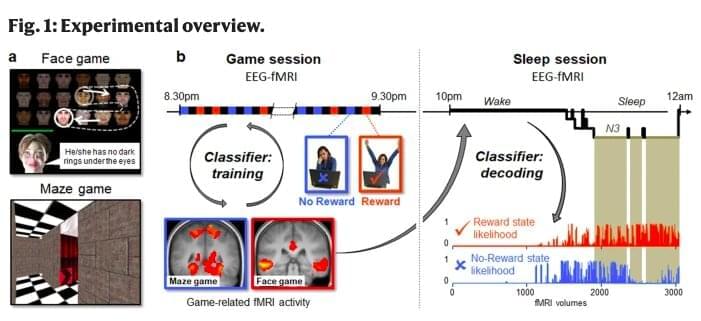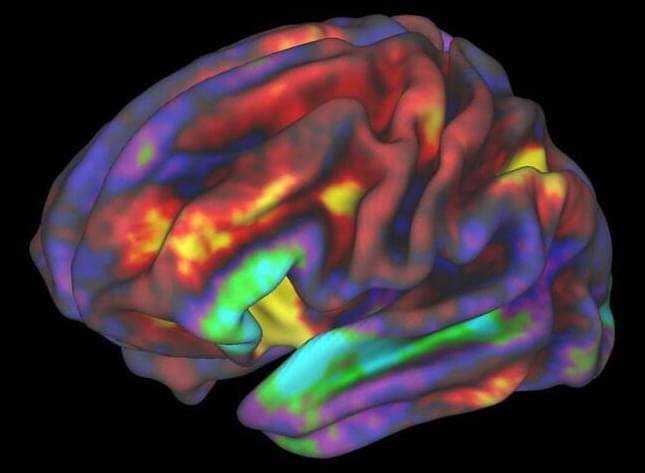Integrated Information Theory is one of the leading models of consciousness. It aims to describe both the quality and quantity of the conscious experience of a physical system, such as the brain, in a particular state. In this contribution, we propound the mathematical structure of the theory, separating the essentials from auxiliary formal tools. We provide a definition of a generalized IIT which has IIT 3.0 of Tononi et al., as well as the Quantum IIT introduced by Zanardi et al. as special cases. This provides an axiomatic definition of the theory which may serve as the starting point for future formal investigations and as an introduction suitable for researchers with a formal background.
Integrated Information Theory (IIT), developed by Giulio Tononi and collaborators [5, 45–47], has emerged as one of the leading scientific theories of consciousness. At the heart of the latest version of the theory [19, 25 26, 31 40] is an algorithm which, based on the level of integration of the internal functional relationships of a physical system in a given state, aims to determine both the quality and quantity (‘Φ value’) of its conscious experience.






